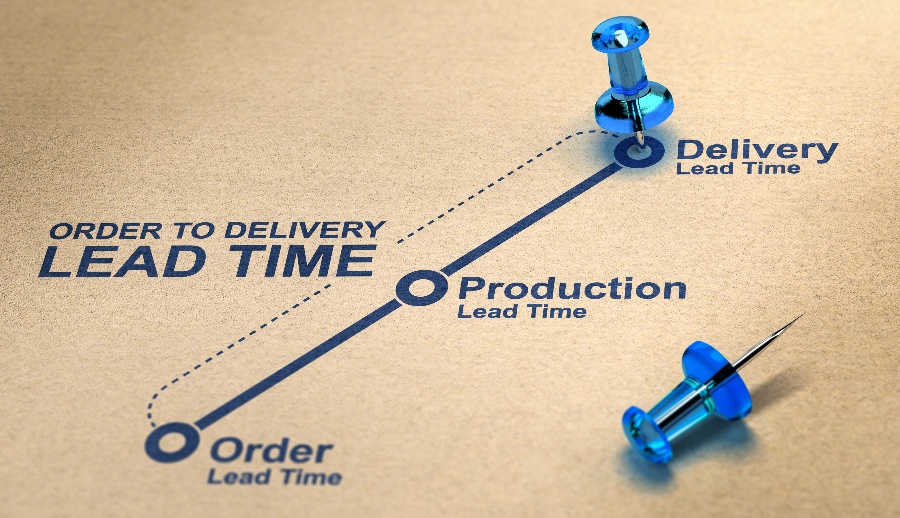
The ongoing semiconductor chip shortage has had a significantly severe impact on the global automotive industry.
Spurred by a stronger-than-expected demand and Covid-19 supply chain disruptions, the chip shortage has seen major auto manufacturers slash production rates, leading to high car prices and insanely long lead times.
As a result, many businesses are now holding back on vehicle replacement until the industry regains stability. However, although sitting-it-out appears to be the best strategy, don't stop replacing vehicles just because lead times are outrageous. Here's why.
We Don't Know How Long the Shortage Might Last
The auto industry was one of the most affected sectors by the Covid-19 pandemic. First, most auto manufacturers had to either shut down or reduce production as governments globally initiated stringent stay-at-home measures that caused auto demand to plummet.
As things slowly resumed normalcy, demand skyrocketed, leaving most auto-manufacturers unable to keep up. Finally, towards the end of the last quarter of 2020, auto-production rebounded but soon dropped again due to the global microchip shortage.
If these events are anything to go by, there's really no telling when auto production rates will resume normalcy. According to experts, the shortage could continue for the next six months, reducing auto-production by about 1 million cars. What's more, the shortage isn't limited to semiconductor chips. Vital auto parts such as wiring harnesses and glass are currently in low supply, making things even harder for automakers.
That said, don't stop replacing vehicles just because lead times are outrageous. Waiting until auto-production returns to normal to replace your fleet could mean even longer wait times, as the demand is superlatively high, but supply is low.
Also, failing to keep up with your fleet replacement and lifecycle management plan will harm business profitability and overall performance since out-of-commission vehicles typically:
-
Have Higher Fuel and Repair Costs
Even with regular maintenance, old cars often require frequent repairs since most parts are worn out and break down quickly. Also, old cars usually consume more fuel since worn-out car parts have to work harder to perform the same functions.
-
Lead to Increased Downtime
Frequent repairs mean more time spent at the garage than in-service. This reduces productivity and leaves you with even higher costs as you may have to pay for a rental.
-
Increased Liability
Out-of-commission vehicles often have a heightened risk of road accidents, consequently increasing your company's liabilities.
How to Handle Fleet Replacement with the Current Shortage
Here are tips to help you navigate fleet replacement during these unprecedented times:
-
Be Flexible
Besides longer lead times, the current market conditions make it nearly impossible to find the vehicle models you may want. So, consider other vehicle categories for the foreseeable future, and be open to trying out other auto manufacturers to increase your access to auto inventory.
-
Act Quickly
Due to the high consumer demand, trucks, SUVs, and other car models are selling incredibly fast. Whenever you find the vehicle you need at a manageable price, seal the deal as soon as possible as it might not be there tomorrow.
In a Nutshell
Don't stop replacing vehicles just because lead times are outrageous. Sure, the auto-market will regain stability, but that might take time. Waiting until that happens means your company will be running on old, inefficient cars that only hurt your bottom line.
So, be open to other car categories and manufacturers, keep your funds ready, and continue placing your orders. The sooner you do this, the sooner you should expect order fulfillment, as most auto manufacturers often operate on a first-come, first-serve basis. Drop us a line today for more helpful insights on fleet management and the auto industry.







